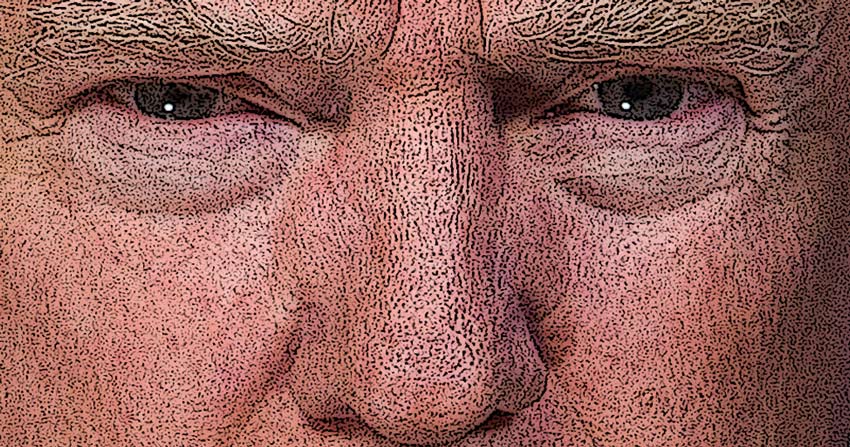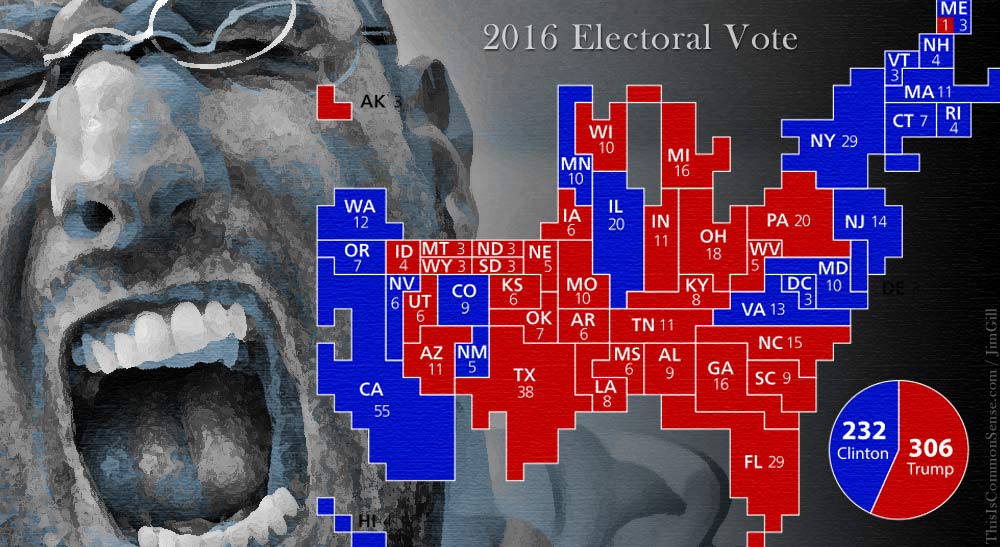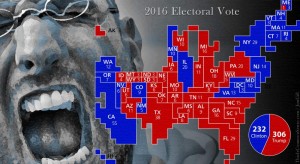A friend, who loves to talk football, sometimes boasts that his team “crushed” the other team, gaining more yards and rolling up more first downs, before dejectedly acknowledging that his team didn’t score as many points as its opponent. They lost.
When a Democrat gloats that Donald Trump lost the popular vote, I am reminded of my friend’s funny football foible.
It helps to gain yards in football, sure, just as it helps to gain votes in a presidential contest. But you win a game by putting the most points on the scoreboard, just as you’re elected president by winning a majority in the Electoral College.
Going forward, we can discuss whether a state’s votes should be awarded proportionally or winner-take-all and whether national popular vote should instead be the metric for victory. But the 2016 rules were the rules.
“I would’ve won the popular vote if I was campaigning for the popular vote,” President Trump told ABC News anchor David Muir this week. “I would’ve gone to California, where I didn’t go at all.”
Still, Mr. Trump should appreciate that not only didn’t he garner a majority, he lost by 3 million votes to Hillary Clinton, who was well short of a majority, herself.
Trump continues to claim “a massive landslide” in the Electoral College. He may have “shocked the world,” but in 58 presidential elections thus far, 45 winners gained a greater percentage in the Electoral College.
Again this week, Pres. Trump repeated his belief that “millions of illegal votes” prevented him from winning the popular vote. Specific evidence? None. But he wants an investigation.
This could be a long four years.
This is Common Sense. I’m Paul Jacob.




